Webinar subject matter: Neutrinos and nuclear reactors

A free webinar on the subject of "The Curious History of Neutrinos and Nuclear Reactors" will be held on Friday, April 9, from 10:30 to 11:30 a.m. (EDT). Registration is required.

A message from Goodway Technologies
Optimizing Maintenance Strategies in Power Generation: Embracing Predictive and Preventive Approaches

A free webinar on the subject of "The Curious History of Neutrinos and Nuclear Reactors" will be held on Friday, April 9, from 10:30 to 11:30 a.m. (EDT). Registration is required.
Savannah River removes legacy Y-12 uranium from HB Line
The Department of Energy has announced that workers at its Savannah River Site in South Carolina recently removed legacy uranium materials from the site’s HB Line as part of an effort to...
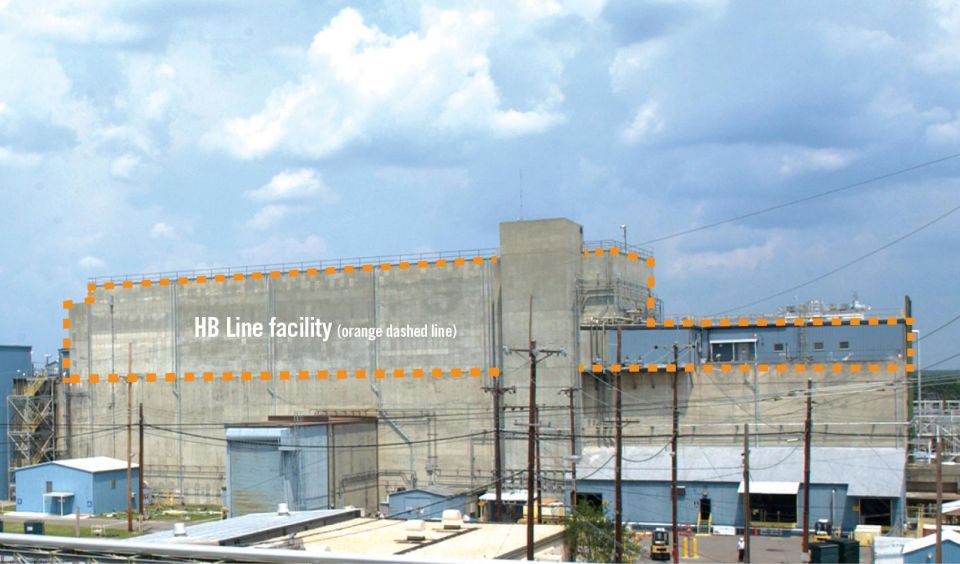
Student tour of DOE site investigates nuclear materials management
A group of students recently visited the Department of Energy’s Savannah River Site, near Aiken, S.C., to get a close look at L Area, a facility the DOE considers critical to nuclear...
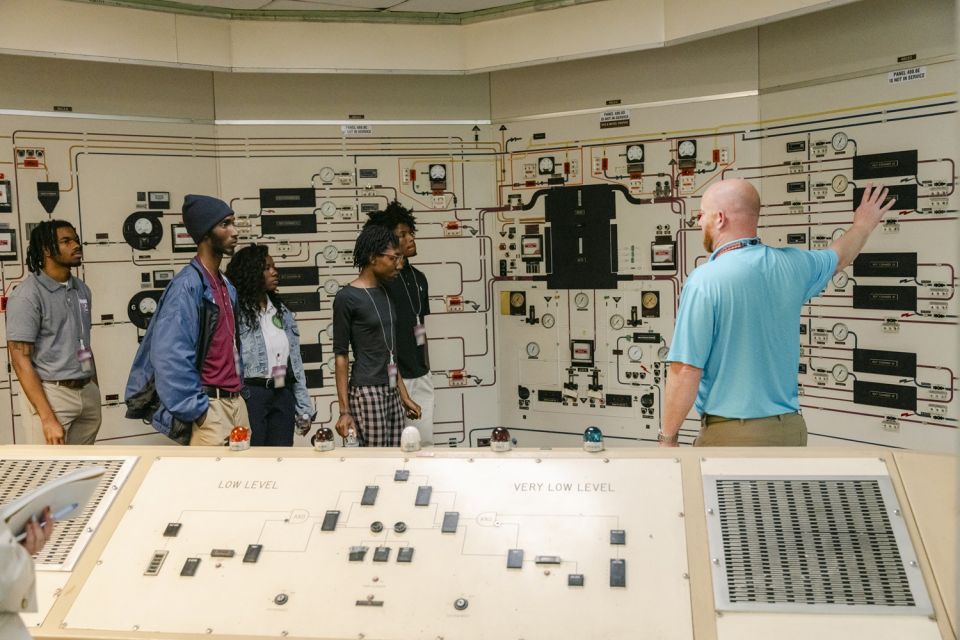
Savannah River reaches regulatory milestone on tank waste closure
The Department of Energy’s Office of Environmental Management said it has reached a regulatory milestone ahead of schedule in preparing radioactive waste tanks for closure at the Savannah...
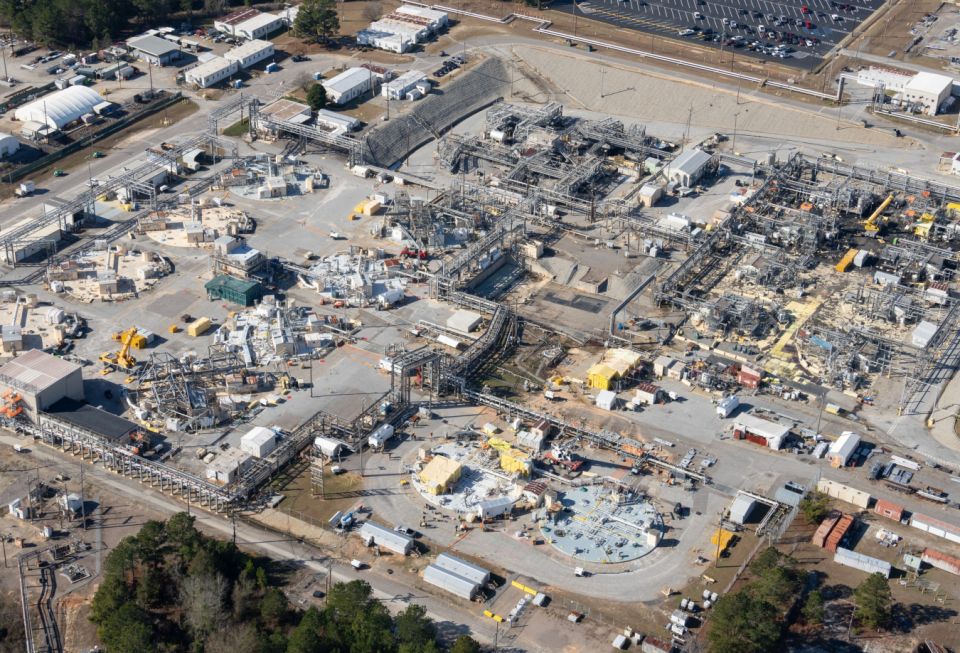
Remembering the Savannah River Plant
In 1989, the Savannah River Plant was renamed the Savannah River Site. It was originally established in 1950 near Aiken, S.C., to produce nuclear materials for the nation, primarily for...
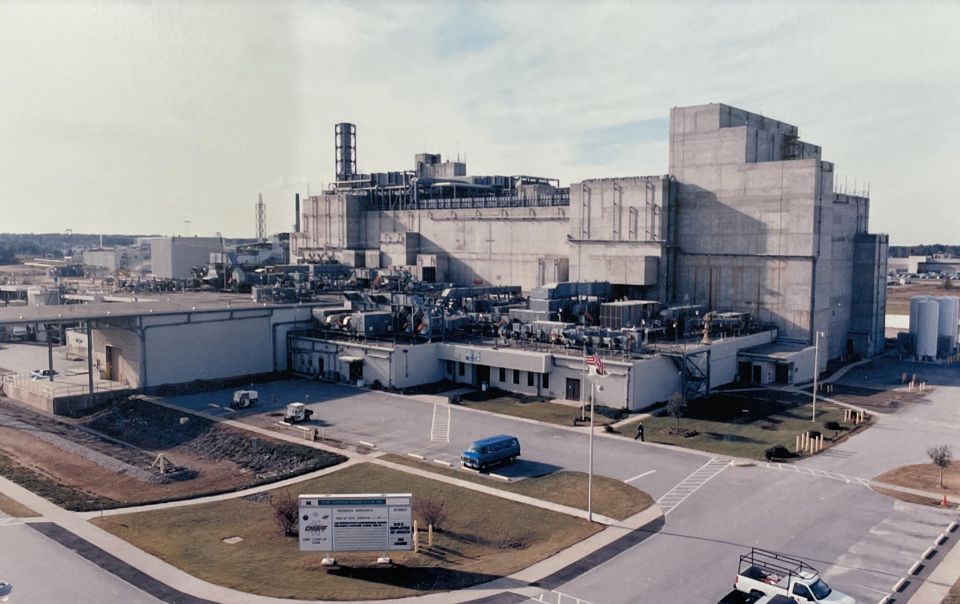
SRS celebrates successes during National Apprenticeship Week
The Department of Energy’s Savannah River Site in South Carolina recently joined in the nationwide celebration of the Department of Labor’s 10th annual National Apprenticeship Week,...
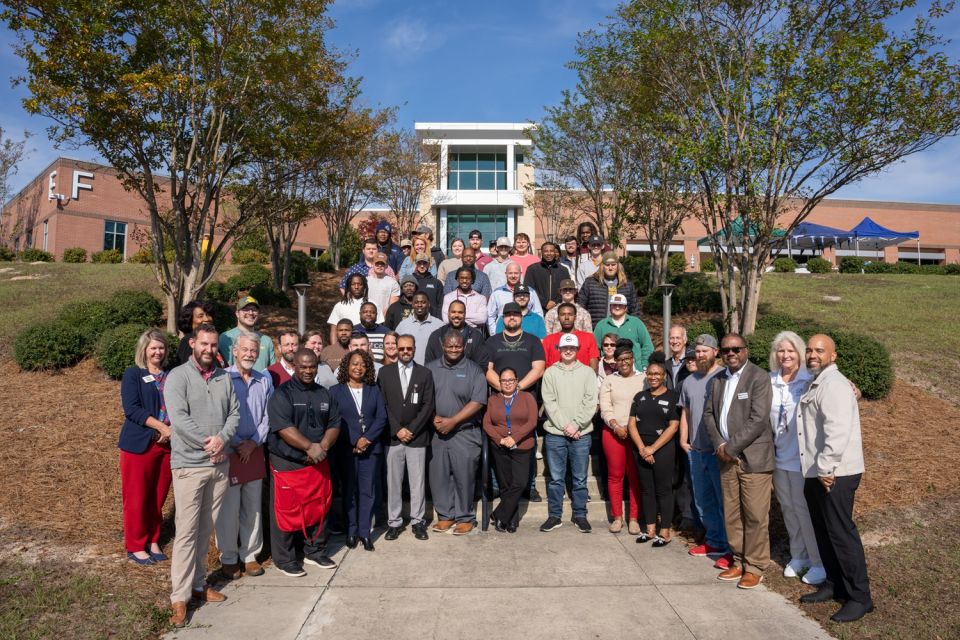
STEM event empowers next generation of women leaders in science
Nearly 60 eighth graders from schools across the central Savannah River area recently gathered at the Ruth Patrick Science Education Center in Aiken, S.C., for the Savannah River Site’s...

Drones fly in to inspect waste tanks at Savannah River Site
The Department of Energy’s Office of Environmental Management will soon, for the first time, begin using drones to internally inspect radioactive liquid waste tanks at the department’s...
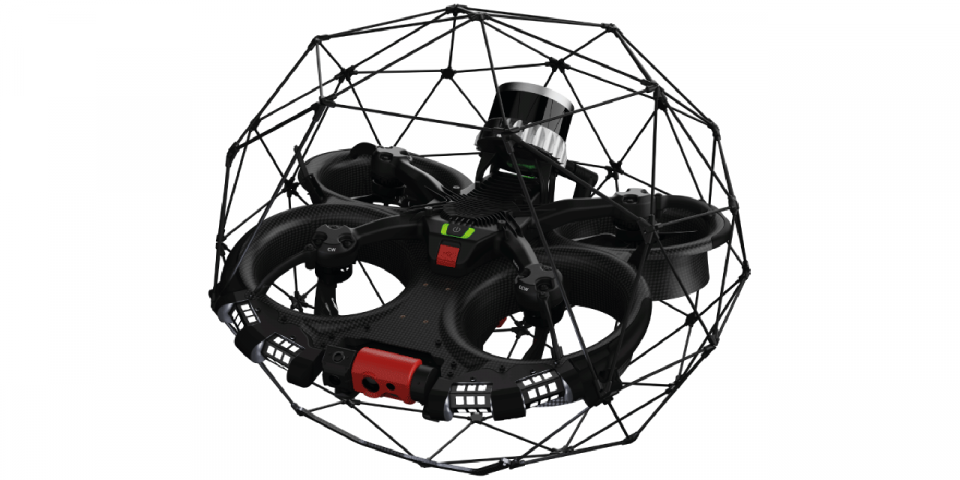
TRU waste storage shrinks at Savannah River Site
The Solid Waste Management Facility (SWMF) at the Savannah River Site saw a large reduction of transuranic (TRU) waste in fiscal year 2024, achieving the highest volume of TRU waste shipped...
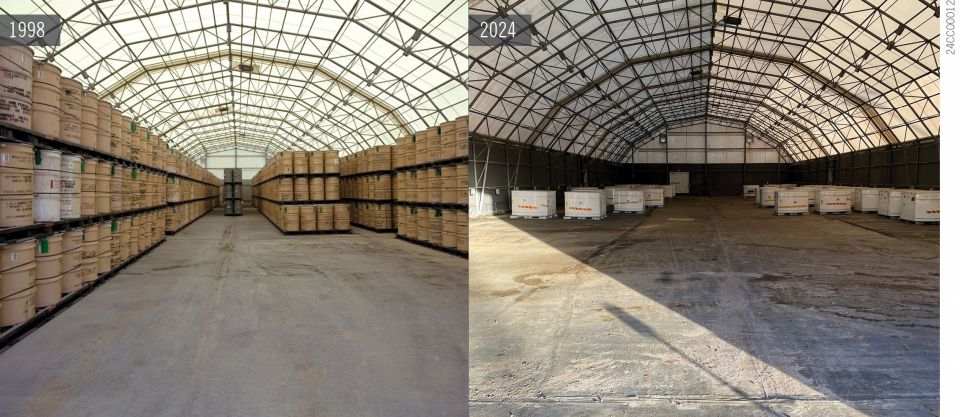
SRS facility surpasses reprocessing milestone
The Savannah River Site in South Carolina has processed more than 10 million gallons of liquid radioactive waste in its Salt Waste Processing Facility (SWPF), the Department of Energy’s...
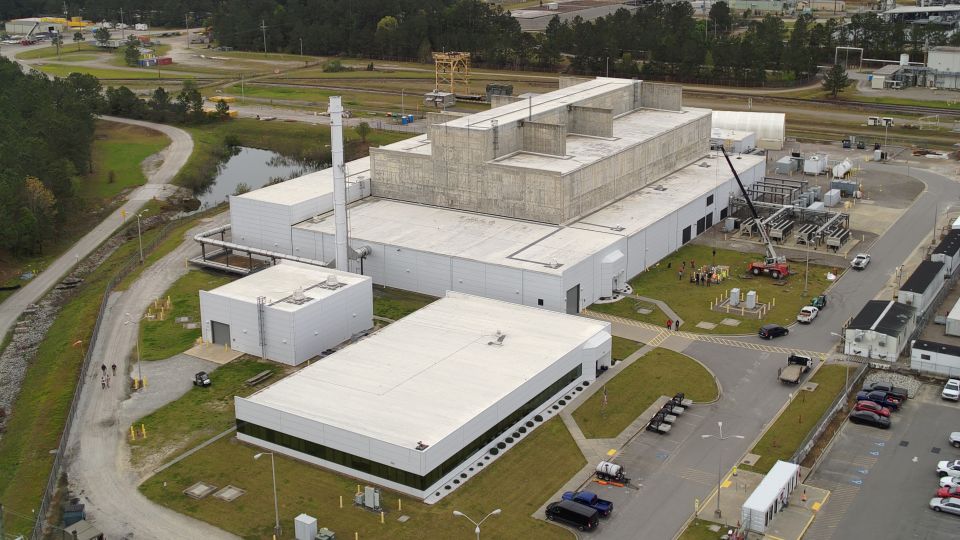
NNSA workforce initiative reaches out to universities
Savannah River Nuclear Solutions (SRNS), the managing and operating contractor at the Department of Energy’s Savannah River Site in South Carolina, and the DOE’s Los Alamos National...
